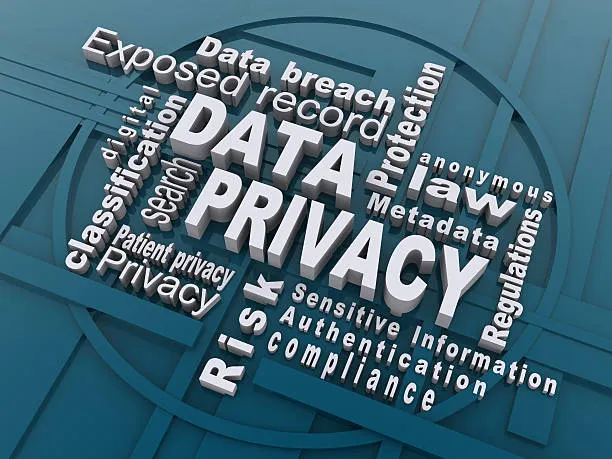The Growing Legal War Over Data Privacy
In an era where Data Privacy is considered the new oil, tech giants are facing mounting legal battles over how they handle user information. Governments worldwide are tightening regulations, consumers are demanding more control, and lawsuits against major technology companies are skyrocketing. The debate is no longer just about convenience versus privacy—it’s about accountability, ethics, and billion-dollar penalties.
The Core Issue: How Tech Companies Use Your Data
1. Data Collection Without Consent
- Many tech giants collect massive amounts of user data without explicit permission.
- This includes location tracking, browsing history, search preferences, and even private messages.
- Users often unknowingly agree to vague terms and conditions that allow companies to harvest their information.

2. Selling Data to Third Parties
- Personal information is often shared or sold to advertisers, political organizations, and data brokers.
- This practice raises concerns about targeted advertising, misinformation, and data misuse.
- Many companies claim they anonymize data, but studies show that individuals can still be identified.
3. Data Breaches and Cybersecurity Failures
- Even the biggest tech companies have suffered major data leaks, exposing sensitive customer information.
- Cybercriminals exploit weak security measures, leading to identity theft and financial fraud.
- Companies are often criticized for failing to protect user data adequately.

The Legal Crackdown: Lawsuits and Government Actions
1. Record-Breaking Fines and Lawsuits
- Facebook (now Meta) has faced multiple lawsuits, including a historic $5 billion fine by the FTC for violations.
- Google, Amazon, and TikTok have also been penalized for mishandling user data.
- New cases continue to emerge as consumers and regulators demand justice.
2. Stricter Data Protection Laws
- The European Union’s General Data Protection Regulation (GDPR) has set strict guidelines for companies handling user data.
- The California Consumer Privacy Act (CCPA) gives users more control over their personal information.
- Other countries, including India, Australia, and Brazil, are implementing similar data laws.
3. Government vs. Big Tech: A Global Battle
- The U.S. government has launched multiple investigations into tech companies’ data policies.
- China has imposed strict regulations on data security, especially on foreign tech companies.
- The European Union continues to pressure companies to comply with strict data protection rules.
Consumer Reactions: Are Users Fighting Back?
1. Rise of Privacy-Focused Alternatives
- Many users are switching to privacy-friendly apps like Signal (instead of WhatsApp) and DuckDuckGo (instead of Google Search).
- VPN usage has increased as people try to protect their online activities.
2. Public Outrage and Social Media Campaigns
- Hashtags like #DeleteFacebook and #PrivacyMatters have trended multiple times.
- Users are demanding more transparency and control over their data.
3. Class-Action Lawsuits and Consumer Rights Groups
- Many consumers are joining lawsuits against tech companies to seek compensation.
- Advocacy groups are pushing for stronger privacy laws and corporate accountability.

What’s Next? The Future of Data Privacy
1. Will Big Tech Change Its Practices?
- Companies are introducing more privacy settings and transparency reports, but critics argue these are just PR moves.
- Some firms, like Apple, are marketing themselves as privacy-focused, pressuring competitors to follow suit.
2. Emerging Technologies and Privacy Risks
- AI, facial recognition, and biometric data collection pose new privacy threats.
- Governments and watchdogs must regulate these technologies before they become widespread.
3. Potential for Global Data Protection Standards
- Experts suggest a global framework for data privacy, similar to environmental treaties.
- Collaboration between countries could ensure better protection for consumers worldwide.
Conclusion: A Fight That’s Far From Over
The battle over data privacy is intensifying, with tech companies, governments, and consumers all playing a role. As legal challenges increase, companies must decide whether to prioritize profit or user trust. For consumers, staying informed and taking proactive steps can help protect their personal information in an increasingly digital world.
Do Follow USA Glory For More Updates.






